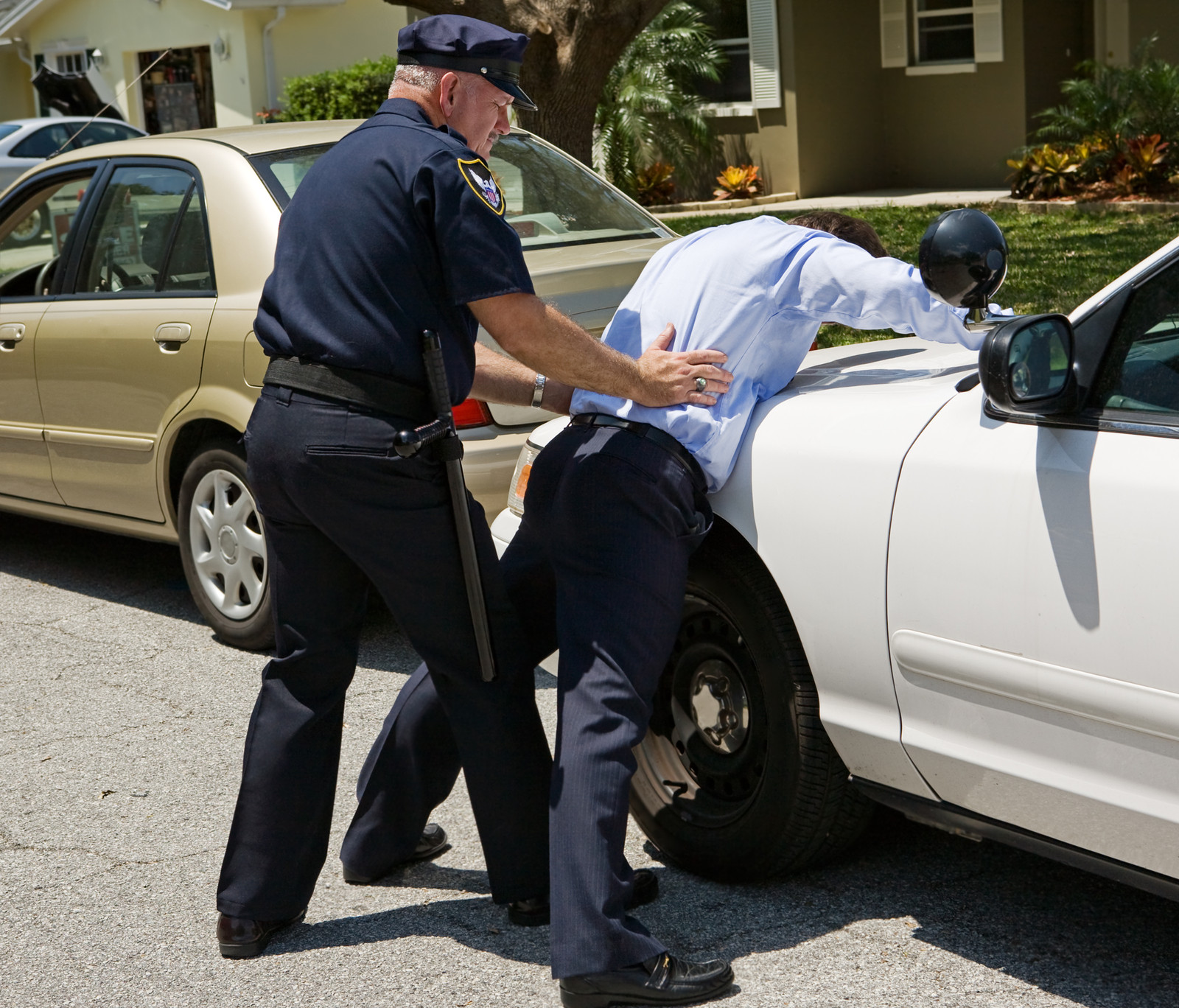Drinking and Driving and Chemical Testing Laws
If you have been charged with drinking and driving, or accused of refusing a chemical text contact Aaron J. Boria (734) 453-7806.
Chemical testing is a major part of any drinking and driving charge. Michigan uses the .08 BAC (Blood Alcohol Content) standard as a cut off for drinking drivers. This means that you can be charged with drinking and driving for having .08 grams of alcohol per liter of blood.
Even if you do not feel drunk or act drunk you can be convicted as long as your blood alcohol level is greater than .08. In the majority of drinking and driving cases two types of chemical tests are administered, the preliminary breath test and the Michigan implied consent law.
Preliminary Breath Test
When you are stopped for suspicion of drinking and driving the officer will attempt to preform an investigation to determine if you are under the influence. To do so, the officer will try to gather evidence against you to support his claim. One way the officer does this is through field sobriety testing and the preliminary breath test or PBT.
The preliminary breath test is usually administered by the police officer using a hand held device that you blow into. There is law that allows a police officer to make a valid arrest for drinking and driving based on the results of the PBT alone.
On the other hand, it is possible for an officer to arrest you for drinking and driving without having you submit to a PBT. The arrest could be based on the smell of alcohol, blood shot or watery eyes, or just from bad driving.
Refusing a PBT in Michigan
Refusing a PBT is a civil infraction, which means it is in the same category as a traffic ticket. The penalty for refusing the preliminary breath test is a fine. There is no license penalty.
Refusing a preliminary breath test could prevent a DUI conviction if a police officer does not have a strong case against you. On the other hand, refusing a preliminary breath test could result in you defending against a DUI as well as a civil infraction for PBT refusal.
Implied Consent Law in Michigan
If you have been arrested for drinking and driving, the officer will attempt to gain more evidence against you by having you submit to more chemical testing. This usually occurs at the police station using an instrument called a DataMaster or an Intoxilyzer. These devices are similar to a PBT in that they use breath to measure alcohol. It is also possible for the officer to obtain blood or urine to determine the amount of alcohol in your system.
The police need a valid blood or breath test that can be presented at trial. Without a valid blood or breath test it is very difficult to convict for certain drinking and driving offenses, but not all. There are major consequences for refusing this implied consent test.
Refusing the Implied Consent Law
Michigan law says that every driver has consented to alcohol chemical testing if that driver is arrested for drinking and driving. Failure to submit to an Implied Consent chemical test will result in 6 points being added to your driving record your license being suspended for a year.
The preliminary breath test is not admissible in court but for three rare exceptions this page will not address. This means that the only evidence of your actual blood alcohol level will come from the Implied Consent chemical testing.
Be warned, it is highly probable that even if you refuse the implied consent chemical test the officer will still obtain a warrant for your blood. If that happens you may find yourself out of a license and fighting a DUI charge.
Michigan DUI Attorney
Aaron J. Boria is a Michigan criminal defense attorney. He has handled drinking and driving cases all over the state including misdemeanors and felonies. Attorney Boria is also experienced in defending against implied consent law refusals and appealing them to the circuit court.
If you have been charged with drinking and driving or cited for violating the implied consent law contact criminal defense lawyer, Aaron J. Boria today (734) 453-7806





